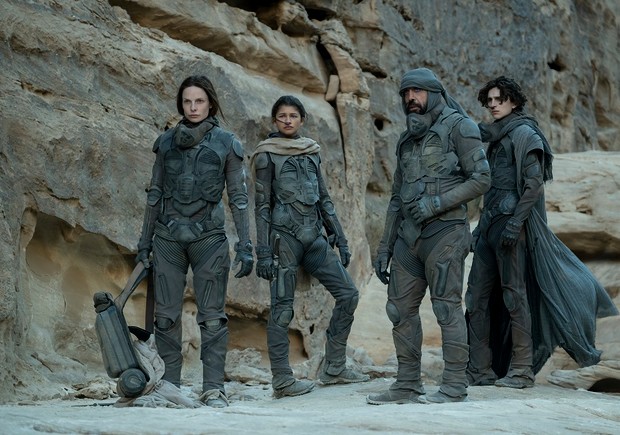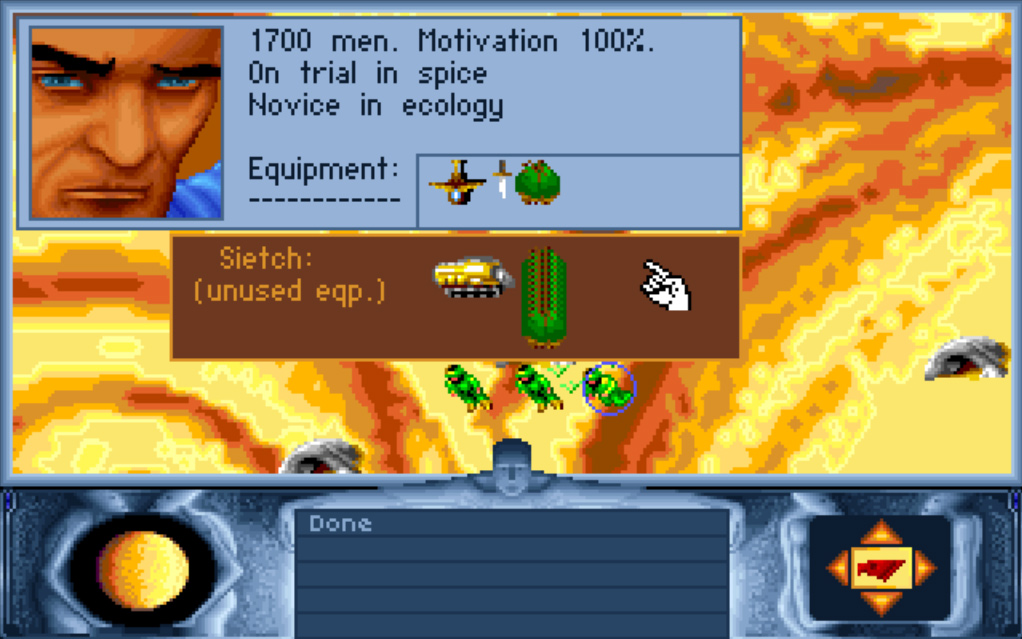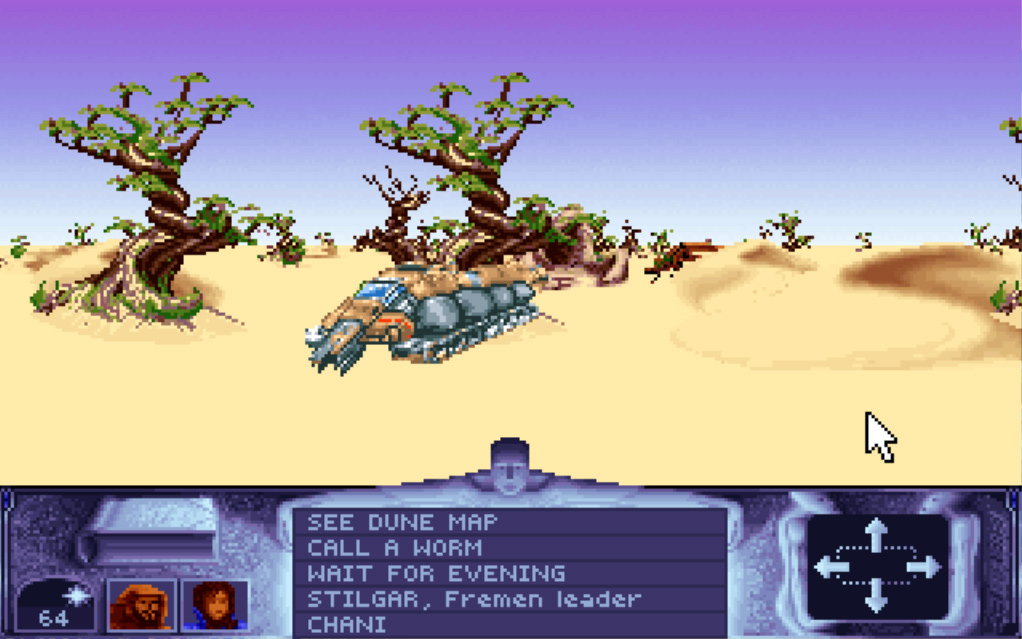That One Game That Let Me Win By Using Ecology

October 31, 2021 saw the beginning of COP26 (or the Climate Change Conference). Some have high hopes for its outcome. Others fear it’s just for the show, since our beloved leaders are committing one faux pas after another.
Just consider the amount of waste emissions caused by the arrival of so many private jets.
Still, this undoubtedly important event made me think of a movie that premiered this Fall, one that contains some important environmental messages. An adaptation of a cult classic novel, one that inspired a video game series I am so fond of…
Dune.
Written by Frank Herbert and published in 1965, it is a story of a young nobleman named Paul Atreides, whose house assumes stewardship over a desert planet of Arrakis. This world is the only source of spice melange, an extremely precious resource that extends human life, enhances mental abilities, grants visions and is a must for efficient interstellar navigation. Arrakis is sparsely inhabited, mostly by natives known as the Fremen.
Soon after their arrival, the Atreides learn that the assignment is a set-up, and they are forced to fight the previous stewards of Arrakis, House Harkonnen.

Let us go back to the Fremen, though. They are a tough people with a dream to see their world green, lush and verdant. The foundations for the terraforming process were already laid down through the initial work of planetologists Liet Kynes and his father before him (or her father before her, as Liet is a woman in the 2021 film). But to continue would mean the end of the spice, a catastrophic outcome for the Empire.
This theme is very important in the book. We’ve yet to see how it’s treated in the second part of the movie. But it was completely left out in Westwood’s Dune II (1992) and its 1998 remake, Dune 2000 (!), as well as Emperor: Battle for Dune (2001).
It did, however, appear in one game: Cryo Interactive Entertainment’s Dune, released in 1992.
This one’s an interesting mixture of adventure and strategy which lets you roam the deserts of Arrakis, talk to all the major characters from the novel, and send troops into battle. As Paul Atreides, your goal is to train the Fremen army, equip them with better weaponry and slowly retake their planet from the hands of the Harkonnens, bit by bit, fortress by fortress.

Among Paul’s allies is the previously mentioned planetologist, Liet Kynes. As soon as you find him, a new option appears: you can train the Fremen to become ecologists who will slowly plant Liet’s plant bulbs across the sands of Dune.
This will result in a change to the planet’s landscape. While a greener Arrakis increases the morale of the Fremen troops, the terraforming process is time-consuming and means less units prepared for combat.
However, strategically planting vegetation can make it grow to encompass the Harkonnen fortresses and take our their spice production, making enemies abandon their posts after a while. So, it is actually possible to defeat your opponents not with weapons, but with ecology!

Not that many games take ecology into account. Even fewer allow you to use it against your enemies. Still, it usually serves as a warning: stop caring about the environment and bad things will happen. Some of the Civilization games, for example, feature global warming. It can alter the terrain or cause floods. In city builders, such as SimCity, pollution is one of the things that have a negative impact on the well-being of your citizens.
In contrast with these, the ecological aspect in Cryo’s Dune is more about making a hostile environment a better home. That’s what you can do in Surviving Mars’ Green Planet DLC: transform the Red Planet into another Earth.

Still, questions arises when it comes to the vision of Arrakis as a lush paradise. While the planet is to be terraformed to meet people’s needs, humans are not its original inhabitants. What about the life forms that are now accustomed to Arrakis’ harsh conditions? Will a verdant Dune also be a true Dune?
This is a goal that cannot be achieved without a huge investment from a devoted community, and without a great sacrifice. Interstellar travel will be almost impossible without the spice.
Coming back to COP26, what will we need to sacrifice? Can we live without coal or oil-based jet fuel?
Thankfully, we don’t need to terraform Earth just yet, so our work is much easier than the task of the Fremen.